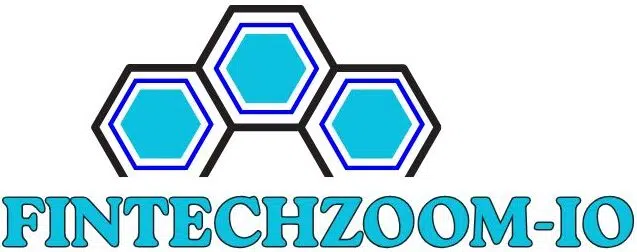Engaging audiences and participants through well-organized events has become a linchpin for brands and organizations worldwide. As competition intensifies to capture attention and foster interaction, the need for efficient and effective event management has become paramount. Contest management systems have emerged as key tools that address this need, offering many benefits to event organizers. From automating registrations to analyzing participant data, these systems revolutionize the way contests are conducted. Keep reading to discover how incorporating a contest management system can elevate your event from good to great.
Enhancing Participant Engagement Through Automated Contest Features

One primary goal of a contest is to engage participants meaningfully. Contest management systems excel by facilitating interactive features such as public voting, live leaderboards, and social media integration. These functionalities create a dynamic environment where participants feel involved and motivated to participate actively.
Social media plays a crucial role in engagement in today’s digital world. Contest management solutions can seamlessly integrate with various social media platforms, allowing participants to easily share their entries or vote on submissions. This increases engagement and broadens the event’s reach, attracting more potential entrants and viewers.
Loyalty and repeat engagement are crucial for establishing a successful brand or community surrounding an event. Automated reminders and updates help keep participants informed and maintain their interest in the contest. Organizers can foster a more dedicated following by ensuring that individuals frequently engage with relevant content.
Ease of use can be a crucial factor in participants’ decisions to enter a contest. A user-friendly contest management system makes the submission process straightforward and accessible, removing barriers to entry and encouraging a higher volume of submissions. Increased participation rates are a clear sign of a contest’s success.
How Contest Management Systems Ensure Fair and Transparent Judging
Integrity is paramount in contests and competitions, and maintaining transparency in the judging process is essential for maintaining credibility. Contest management systems address this by providing precise and unbiased mechanisms for submission review and scoring. Judges can use predefined criteria and rubrics to assess entries, which helps to eliminate any ambiguity in the evaluation process.
These systems often provide a platform for blind judging, where judges evaluate submissions without knowing the identities of the participants. This promotes an equal opportunity for all entrants and reinforces the contest’s fairness. Fair play is critical for maintaining participant trust and the event’s reputation.
For contests with public voting, contest management systems can offer secure and reliable methods to prevent fraud and vote manipulation. Features such as one-vote-per-user and CAPTCHA verification ensure that the voting process remains honest and that the authentic voice of the audience is heard.
Additionally, contest management systems often include features that enable judges and participants to provide and receive feedback. Constructive criticism can be invaluable to participants seeking to enhance their work, while positive feedback can motivate them to continue participating in future events.
Reducing Administrative Burden and Costs with Integrated Contest Platforms

Alt text: Employees using a contest management system to streamline administrative tasks and reduce costs with an integrated event management platform
The administrative load of coordinating an event can be pretty substantial. Contest management systems alleviate this burden by automating various administrative tasks such as entry sorting and tracking, correspondence, and reporting. This allows event organizers to focus more on strategic planning and less on the details of contest operation.
Time is a precious commodity, and these systems reduce the number of man-hours required for contest administration, thereby lowering operational costs. Fewer staff hours dedicated to administrative work translate into a leaner budget and the ability to allocate resources to other vital areas, such as prize funds or marketing.
Integrated contest platforms combine multiple functionalities, minimizing the need for additional software solutions. This consolidation can significantly save software licensing costs and training time. A single, comprehensive system simplifies the event management workflow and reduces overhead.
Risk management is a critical consideration for any event organizer, and contest management systems play a crucial role in reducing risk by ensuring compliance with data protection regulations and providing a reliable digital infrastructure. Secure data handling and robust system architecture minimize the risk of data breaches or system failures, which could otherwise lead to costly consequences.
Overall, contest management systems streamline event organization by enhancing engagement, ensuring fair judging, and reducing administrative workload. By integrating automation and transparency, these systems empower organizers to run more efficient, engaging, and trustworthy events.





